A History of Screenwriting – 23 in a series – The Mystery of the Leaping Fish (1916)
This movie is insane, and I love it. Coke Ennyday, a cocaine-shooting detective parody of Sherlock Holmes injects himself with opium from a bandolier of syringes worn across his chest and liberally helps himself to the contents of a hatbox-sized round container of white powder labeled “COCAINE” on his desk. A clock-like sign on the wall divides time between EAT, DRINK, SLEEP, and DOPE. He observes visitors at his door on what appears to be a closed-circuit television called a “scientific periscope”. The super-sleuth helps the police and discovers a contraband of opium (which he eagerly tastes) transported with “Leaping Fishes”, and the blackmail of a mysterious man who wants to marry the “fish blower” girl.
It stars the acrobatic Douglas Fairbanks as the odd action hero and Bessie Love as The Little Fish Blower, was directed by Christy Cabanne and John Emerson, and was written by Anita Loos, Tod Browning, and D. W. Griffith. — Change Before Going Productions
* A portion of each sale from Amazon.com directly supports our blogs
** Many of these books may be available from your local library. Check it out!
I teach several classes for the Stephens College Low-Residency MFA in Screenwriting, including History of Screenwriting. In fact, I created the curriculum for that course from scratch and customized it to this particular MFA in that it covers ‘Screenwriting’ (not directors) and even more specifically, the class has a female-centric focus. As part History of Screenwriting I, the first course in the four-class series, we focus on the early women screenwriters of the silent film era who male historians have, for the most part, quietly forgotten in their books. In this series, I share with you some of the screenwriters and films that should be part of any screenwriters education. I believe that in order to become a great screenwriter, you need to understand the deep history of screenwriting and the amazing people who created the career. — Dr. Rosanne Welch
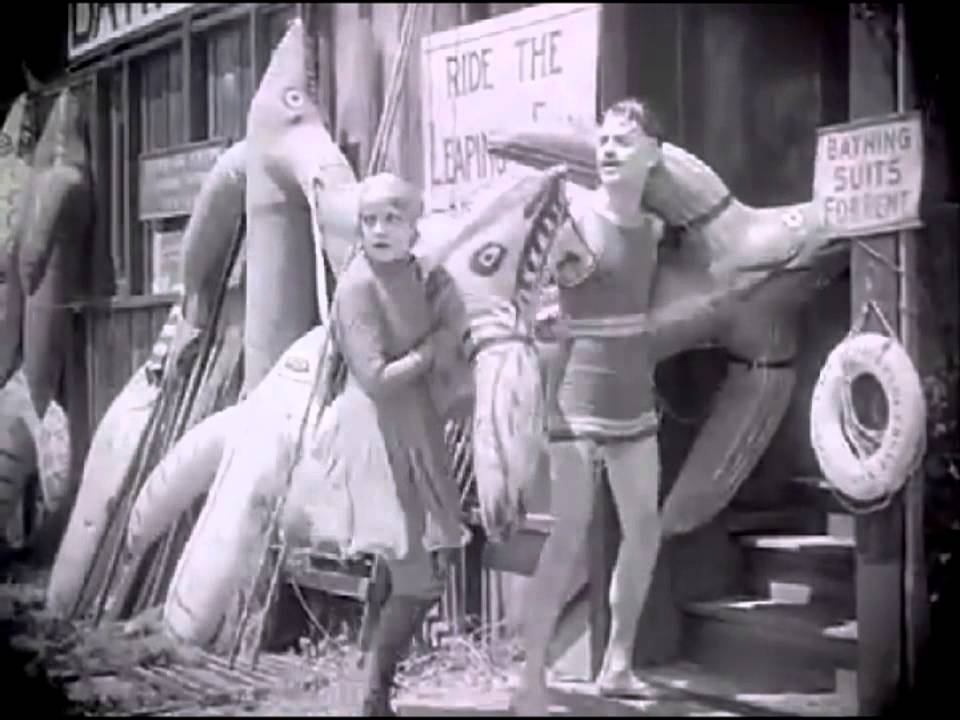
![Women Writers and The Monkees from Why The Monkees Matter Book Signing [Video] (0:54)](https://rosannewelch.com/wp-content/uploads/2017/05/wtmm-reading-10-women-writers.jpeg)


![04 – Monkee Metatexutality: “Why The Monkees Matter” Interview with Jean Hopkins Power [Video] (1:02)](https://rosannewelch.com/wp-content/uploads/2017/05/rmw-power-04-metatextuality.jpeg)
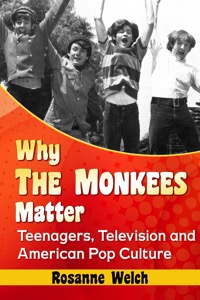
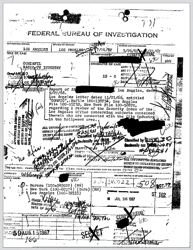
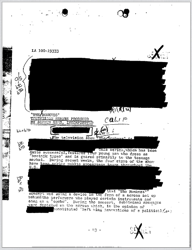
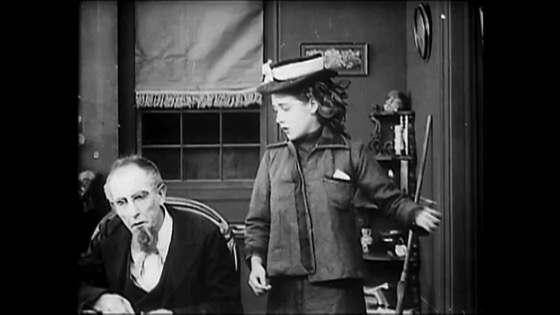
![Women of Purpose and The Monkees from Why The Monkees Matter Book Signing [Video] (1:00)](https://rosannewelch.com/wp-content/uploads/2017/05/wtmm-reading-09-women-purpose.jpeg)

![03 – Monkee Emmys and “Romps”: “Why The Monkees Matter” Interview with Jean Hopkins Power [Video] (0:55)](https://rosannewelch.com/wp-content/uploads/2017/05/rmw-power-03-emmys-romps.jpeg)
